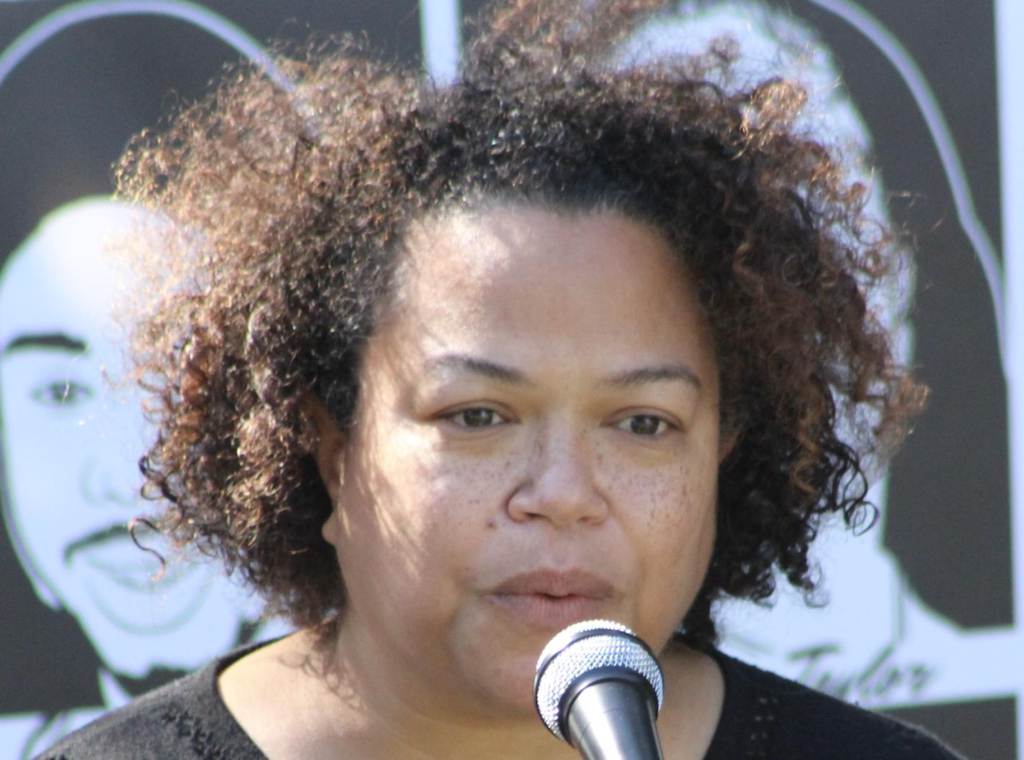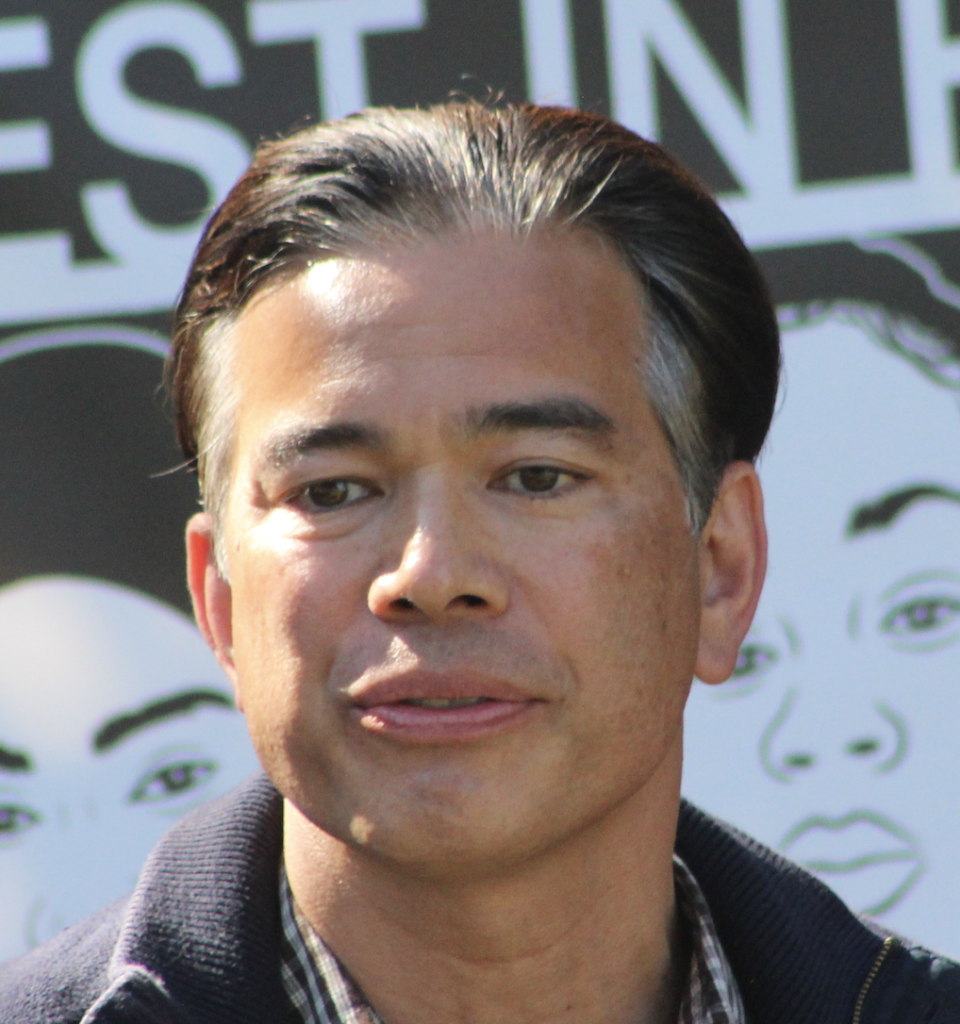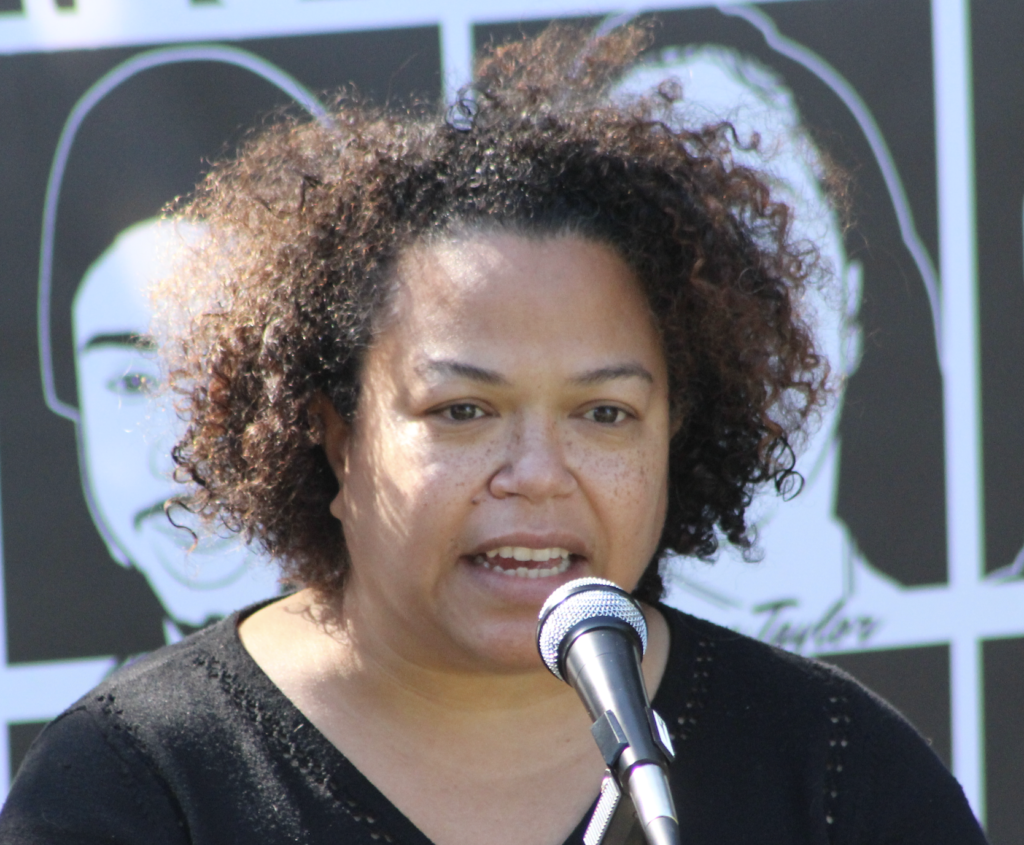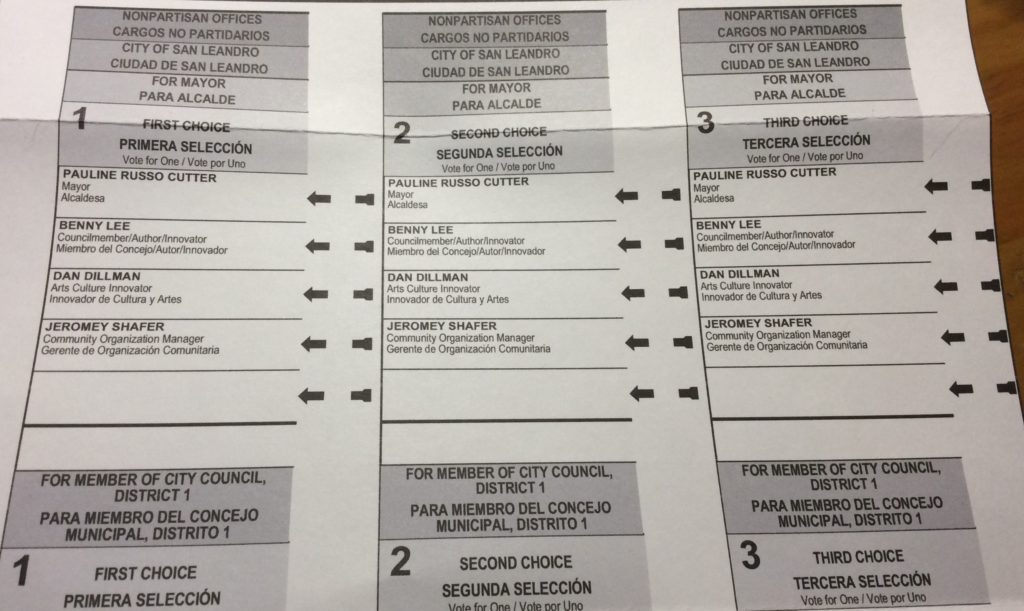Unable to levy factual accusations, Bonta invents a millionaire father for Ramachandran.

There was never a question of whether Mia Bonta would launch a dirty whisper campaign against her opponent in the general election for the District 18 Assembly race. Rob Bonta, Mia’s husband and the most prominent and active member of her campaign, utilized a “dirty attacks” strategy when he, himself first ran for the Assembly seat Mia is now seeking. The question was what types of attacks the Bontas would launch against Janani Ramachandran, the other winner of the top-two primary. A brilliant public interest lawyer with an extensive history of social justice activism and work for non-profits, Ramachandran has as clean a background as you can find in a candidate. We now have the answer to that question: Bonta will seek to exploit resentment against Indian-Americans as a “privileged minority” and xenophobia in general. She has started by using tropes and dog whistles while making deceitful and outright false allegations against Ramachandran.
Mere days after the primary election, the Bonta campaign started sending out texts like these to voters:


It is true that Janani Ramachandran comes from a privileged background. Ironically, it’s privilege that Mia Bonta shares. Both Janani and Mia’s fathers were college graduates and held professional jobs while their daughters were growing up. Both their mothers attended New York state public colleges, and both families pushed education on their children. Mia’s privilege was tampered by a broken home, while Janani’s by her LGBTQ identity. Both Janani and Mia were very good students and were able to attend top schools: Mia graduated from Yale College and Yale Law School, while Janani graduated from Stanford and UC Berkeley. Both of them had to resort to financial aid to attend college. Their privilege can be contrasted with that of two of their opponents in the primary: both Victor Aguilar and James Aguilar (no relation to each other) are gay Latino men who were the first in their families to attend a four year college. They both have endorsed Janani.
The text the Bonta campaign sent voters attempts to awaken resentment and racism against Indian-Americans by casting her father as the founder of “a large international corporation”. It accuses Janani of lying about her background and suggests that her father was rich. He is not. The Kumar Ramachandran who is Janani’s father, is an engineer who has worked for a number of companies in the US and India. He ran a small engineering firm in Bangalore for a number of years and later founded a start-up that tried to connect Indian farmers with food retailers, cutting the middle man, increasing farmer’s profits and decreasing food waste. Corruption in India made that start up go bust and Kumar is now back at working as a consultant.
There is another man also named Kumar Ramachandran who co-founded a company later sold to Palo Alto Networks for over $400 millions. Indeed, if you google “Kumar Ramachandran“, his profile is the first one to come up – along with photos of him and a young girl with very dark skin and very big eyes. I imagine it’s possible that the Bonta campaign recklessly assumed that this man was Janani’s father, despite being far too young to have a daughter Janani’s age, and they might think that all Indians look alike and that little girl was Janani. Just as likely, the Bontas were just hoping anyone googling Kumar would make the same mistake.
The other attacks on Janani are not as much outright lies as deceptions. I have no doubts that when Janani’s family moved back to India, they sent her to a private school. The Indian public school system is such that most everyone who has access to one of the 400,000 private schools in the country and can afford the very reasonable fees, sends their kids to them. Close to half of Indian students attend non-government schools. The same is true, unfortunately, in many developing countries, including in Latin America. Ironically, Mia Bonta herself sent at least one of her children to a private school despite living in Alameda, a city best known for the quality of its schools and despite serving as the Alameda School Board President herself.
Mia’s attack on Janani “only” moving back to the Bay Area to attend college is more puzzling. It’s extremely common for American children who moved with their parents to other countries to come back to the US for college. Kamala Harris is a prime example of this, she went to school in Canada and came back to the US to attend Howard university. The children of my American professors at the American University of Cairo did the same thing. But perhaps Mia seeks to further stroke xenophobic feelings by suggesting that Janani is not really American. Again, an ironic trope when her own husband was born in The Philippines.
Finally, Janani moved to Oakland while attending UC Berkeley Law School. I’m surprised that Mia knows so little of the East Bay that she does not know that many UC Berkeley students live in Oakland. My husband and most of my friends did at some time or another when we all were at Cal (I, instead, was fortunate to get a rent controlled apartment a few blocks from campus!). Janani originally lived within the borders of AD 15 and later – long before Rob Bonta was appointed Attorney General and his seat became vacant – moved in with her partner into a larger place which happened to be on the other side of this arbitrary border, in AD 18. Now, while Janani didn’t move to AD 18 specifically to run and Mia’s allegation is an attempt to falsely claim her a carpetbagger – it is not uncommon for activists and community organizers who live in one area and work in another to seek to run in the area where they work, as that’s where they know the community best. Indeed, one of the problems with Mia Bonta is that despite living in the Bay Area for over a decade, she still doesn’t know the community outside Alameda.
This was just the first dirty attack on Janani that the Bonta campaign launched (or that I’ve become aware of). I anticipate future ones will be nastier and even more deceitful. I hope that voters will be able to see through them.




